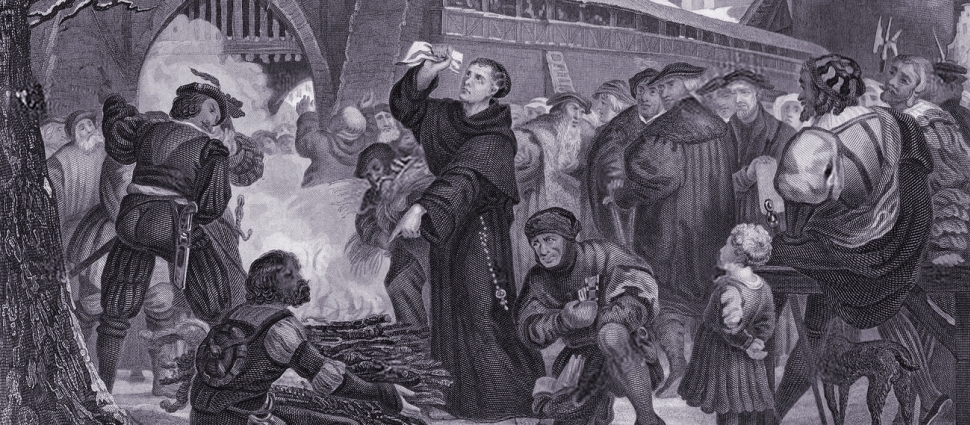The Hunt for the Thin Complementarian

It has recently been brought to my attention that I am a squishy, moderate complementarian who is in league with radical feminists to destroy the church, or something like that.
My experience is that most of my brothers and sisters in the Reformed world are what I would call ordinary complementarians (even if not all of them use that word). Those of us who still retain the word do so not because faithfulness to the Scriptures requires it, but because it seems to fit well our understanding of the biblical teaching concerning the relationship between male and female. There seems to be something of a spectrum among complementarians in terms of the application of what we see in the Scriptures. And, for the most part, we don’t treat those who occupy different points along that spectrum as the enemy. In my experience that describes most of us by far.
Unfortunately, there are some bad actors in the Reformed world whose penchant for heavy handed patriarchy has caused them to see anyone who differs with their rather exotic views as part of the liberal horde seeking to dress all the men in their churches in pink cardigans.
Normally, I would not give the ravings of strange men the time of day. But for the innocent bystanders who run across a blog or Facebook post and truly wonder what it is I believe, here goes:
- God created men and women different and alike in all ways necessary for fellowship, procreation, and happiness.
- Some of the differences between men and women are highlighted in Scripture, while others are made more apparent in nature.
- From both Scripture and nature we know that there are categories of behavior and outward adornment which are more fitting for males, and others which are more fitting for females.
- God has called husbands to love their wives as Christ loves the church.
- God has called wives to love their husbands through submitting to their leadership.
- God has called fathers to lead their families with gentleness.
- God has called qualified men to be the spiritual shepherds of the church. The offices of elder and deacon are, by God’s good design, reserved for qualified men.
- Men should listen to the wisdom and unique perspective of women and vice versa.
- While there are God-given structures of authority within the family and the church, Christians are also called to submit to one another.
- I reject egalitarianism.
- I reject the neo-patriarchy, which has sprung up in some corners of the Reformed world.
- I reject the view that our understanding of gender roles may be traced back to the Trinity.
- I believe that getting the Trinity and justification right is more important than being a “thick complementarian.”
- Berating and mocking women within your own denomination—who affirm the same confession of faith—because they do not hold to patriarchy is a twisted expression of manhood.
I don’t know if this qualifies me as a thin or thick complementarian, a misogynist, a feminist, a fundamentalist, or a liberal. But I’m pretty sure that for many this list qualifies me for the "knuckle-dragging Neanderthal" category.
Part of the confusion over this issue lies in the fact that some parachurch ministries and some pastors have insisted on making adherence to extra-biblical language—like “complementarian”—a test of orthodoxy. Certainly, there are times when extra-biblical language is important in helping us understand and communicate biblical truth. Perhaps the best example is the word "Trinity." But unlike that ancient word, which has been tried and tested and is central to our dogma, the new word "complementarian" has not been defined or tested by the courts of the church. Use or non-use of that word literally cannot be used as a test of orthodoxy.
Perhaps instead of insisting on the use of a particular word, if we are really interested in knowing what someone believes about the role of husbands, women elders, or plumb colored pants, we should simply ask.




